|
|
|
Editor's note
|
|
Anorexia, while rare, is known as one of the deadliest of psychiatric disorders, in part because it is so hard to treat. A new analysis of several studies suggests that it may be even harder to treat than previously believed, argues Stuart Murray of the University of California at San Francisco. And while the news is sobering, Murray writes that “an important outcome of this study lies in giving those of us who study and treat anorexia a better
idea of how we might move the needle.”
In 2017, Nicole Fleetwood met Moliere Dimanche while conducting research for her forthcoming book on prison art. Dimanche had spent over eight years in Florida penitentiaries, much of it in solitary confinement. While there, Dimanche started to draw. Using pieces of folders, the back of commissary forms and old letters as canvases, he produced a series of fantastical, intricate and allegorical drawings that depict abuse, racism and profound
isolation he experienced.
And as students return to school, Sanjay Goel, a cybersecurity scholar at the University at Albany, offers tips on how to keep kids – especially device-equipped teens – safe on mobile gadgets, computers, games and social media.
|
Lynne Anderson
Health + Medicine Editor
|

|
|
Top Stories
|

People with anorexia nervosa often see themselves as overweight when in fact they are not. This image depicts a young, thin woman who sees herself as larger than she is.
Tatyana Dzemileva/Shutterstock.com
Stuart Murray, University of California, San Francisco
Anorexia nervosa can be a deadly disease. A recent analysis of several studies showed that it may be even harder to treat than previously believed. But the news isn't all bad.
|
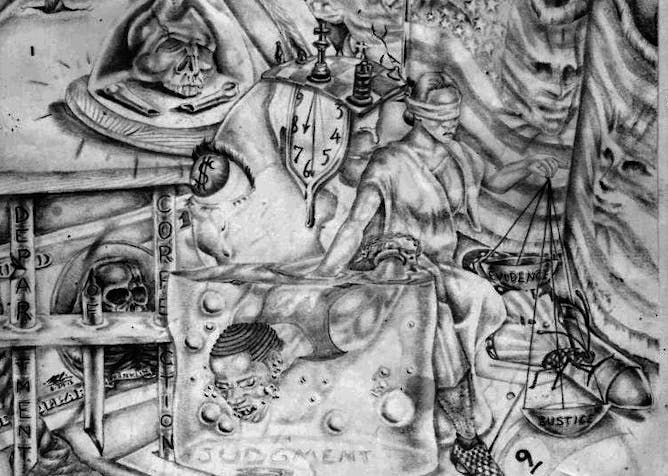
Moliere Dimanche would use anything he could scrounge up – pieces of folders, the back of commissary forms, old letters – as canvases.
Moliere Dimanche
Nicole R. Fleetwood, Rutgers University
From solitary confinement, Moliere Dimanche started drawing on anything he could find. The result was a series of fantastical, allegorical images that depict abuse, racism and profound isolation.
|

Everyone’s using technology – but they’re not all as safe as they could be.
Akhenaton Images/Shutterstock.com
Sanjay Goel, University at Albany, State University of New York
A cybersecurity expert offers tips to keep high schoolers safe on mobile devices, computers, games and social media.
|
Subscribe to Heat and Light - a new podcast from The Conversation
|
|
|
|
Politics + Society
|
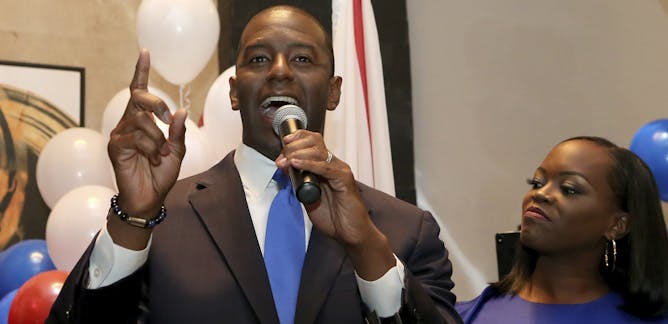
Sharon Austin, University of Florida
The mayor of Tallahassee underspent three rivals to win the state's Democratic primary. But what awaits in the general election?
| |

Natasha Zaretsky, Southern Illinois University
A scholar raised by leftist San Francisco parents in the 1970s ends up teaching in the heartland, where her students represent a very different kind of politics. What she learns from them is profound.
|
|
|
Economy + Business
|
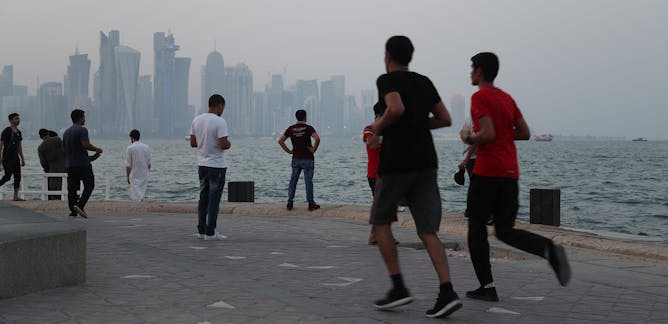
Nader Habibi, Brandeis University
Qatar's decision to aid Turkey in the face of American sanctions against the country may finally be a snub too far for its close relationship with the US.
| |
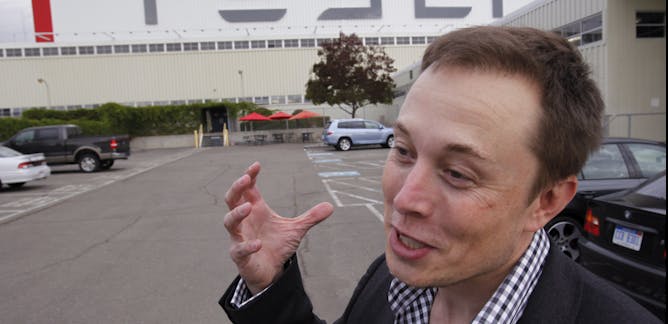
Erik Gordon, University of Michigan
The history of leveraged buyouts suggest Musk was smart to heed the advice of investors and nip his plan to take Tesla private in the bud.
|
|
|
Health + Medicine
|
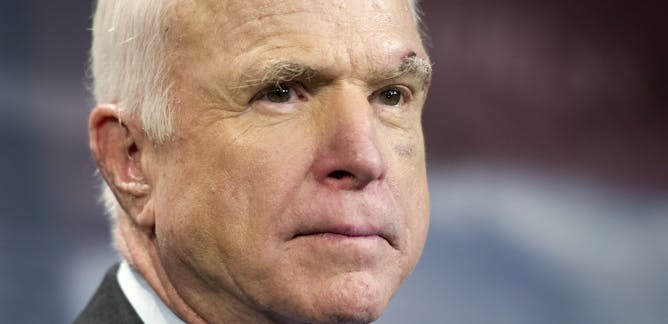
Duane Mitchell, University of Florida
John McCain was known as a tough fighter and patriot, refusing to yield to his captors' torture while he was imprisoned as a POW. In the end, cancer claimed him. Researchers say progress is coming.
| |

Sarah Linnstaedt, University of North Carolina at Chapel Hill
Did you know that trauma, even when there is no tissue or nerve damage, can cause chronic pain? Exactly how much pain and who is most vulnerable depends on which 'stress genes' we carry.
|
|
|
Ethics + Religion
|

David Mislin, Temple University
President Trump has promised to protect religious liberty. But there was a time when evangelicals believed that a religion that needed protection from government had no reason to exist at all.
| |
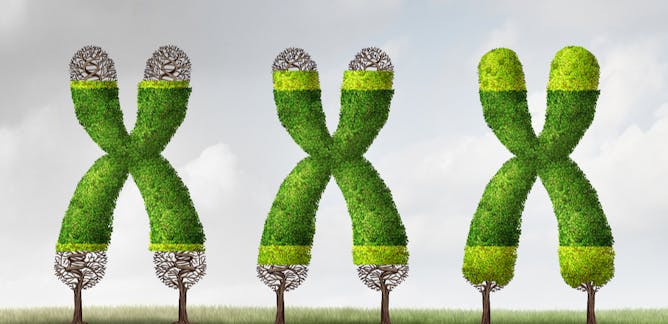
John K. Davis, California State University, Fullerton
Several companies are trying to develop life extension methods that could enable some people to live far longer. There are some ethical dilemmas.
|
|
|
Environment + Energy
|

Emily Brodsky, University of California, Santa Cruz
New research shows that injecting wastewater deep underground can cause earthquakes far from the injection site. It also raises questions about which rock layers are the safest injection targets.
| |
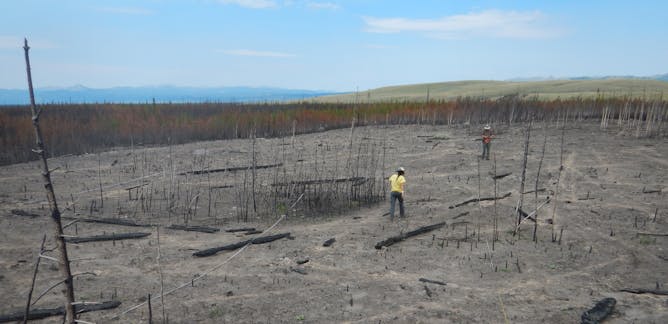
Monica G. Turner, University of Wisconsin-Madison
Huge fires roared through Yellowstone National Park in the summer of 1988, scorching one-third of the park. Since then the park has been a valuable lab for studying how forests recover from fires.
|
|
|
Education
|
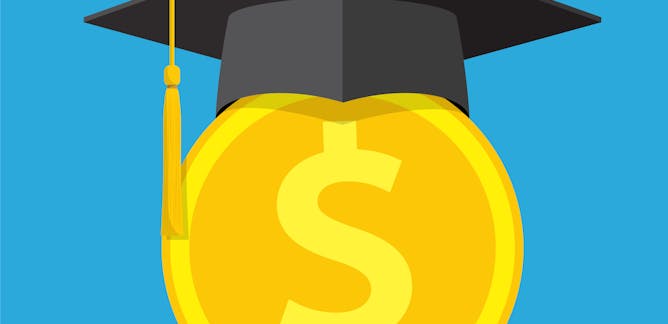
Jill Tiefenthaler, Colorado College; Eric J. Barron, Pennsylvania State University; Reynold Verret,, Xavier University of Louisiana
As students head back to campus, the ever higher cost of a college education is once again top of mind. The presidents of Colorado College, Penn State and Xavier University weigh in on what's to be done.
| |
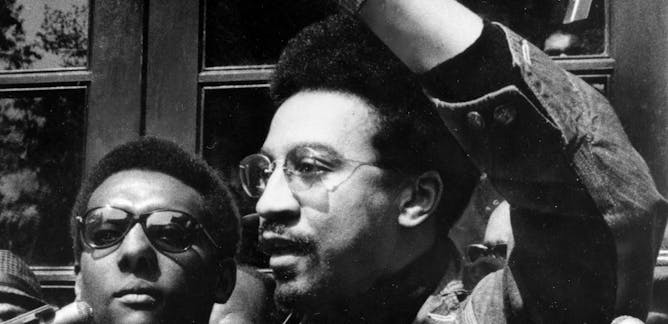
Stefan M. Bradley, Loyola Marymount University
The 1968 protests at Columbia University led the institution to abandon a gym project that residents considered racist and cut off its defense work – and generated worldwide attention in the process.
|
|
|
Arts + Culture
|
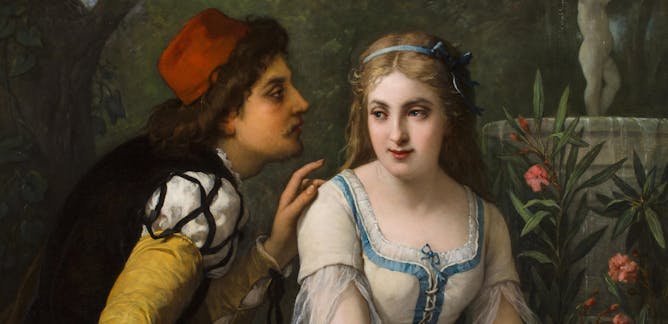
James Kuzner, Brown University
We talk excitedly about meeting someone with whom we 'click' or 'really hit it off.' So why do so many of us hesitate to call it love?
| |
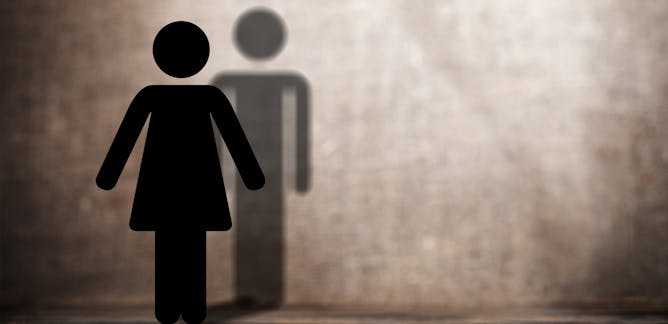
Tey Meadow, Columbia University
The signs might be there. But parents and clinicians will still wonder if there's some foolproof way to determine whether their children are actually trans. There isn't one – and that's okay.
|
|
|
Science + Technology
|
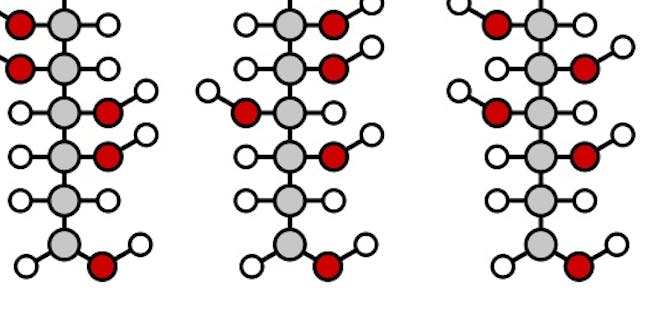
Emanual Maverakis, University of California, Davis; Carlito Lebrilla, University of California, Davis; Jenny Wang, Yeshiva University
You've heard of the genome, and possibly the proteome – all the proteins in the human body. But have you heard about the glycome – the collection of sugars – that may hold the key to diagnosing disease?
| |
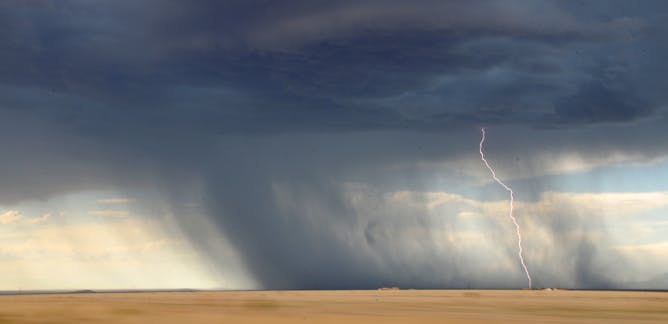
Tim Logan, Texas A&M University
A weather expert explains where petrichor – that pleasant, earthy scent that accompanies a storm's first raindrops – comes from.
|
|
|
| |
| |
| |
| |
| |
| |
|
|
|
|
|
|
|